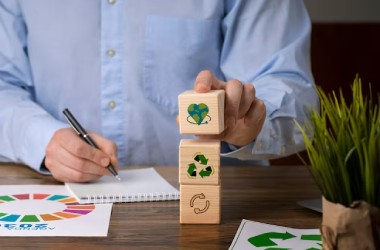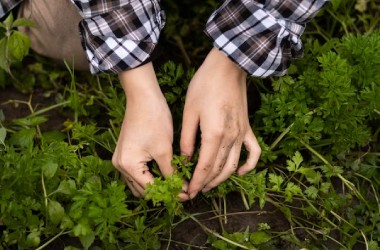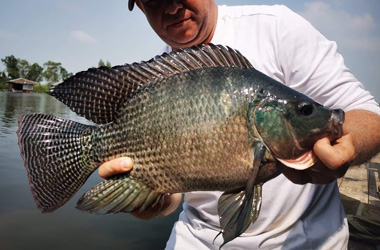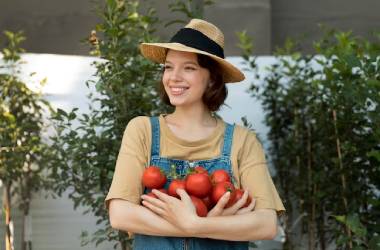
In the symphony of sustainability, not all aquaculture notes are harmonious. As global fish consumption swells, industrial fish farming emerges as a vital source of seafood. Yet, beneath the surface, not all aquaculture ventures sail on the currents of responsibility.
A Growing Appetite, A Fragile Balance
Since the 1960s, our appetite for fish has surged, outpacing even population growth and meat consumption. Projections point to an impending crescendo, with each person devouring an estimated 21.5 kg (47.39 lbs) of fish annually by 2030. Aquaculture steps into the limelight as a beacon of hope in a world where wild fish stocks dwindle. A solution to overfishing? Perhaps, but the plot thickens.
The Aquaculture Equation. Sustainability in Question
Aquaculture, a tapestry of breeding, rearing, and harvesting fish, promises an alternative narrative. Yet, its tale is nuanced, interwoven with potential drawbacks. Enter the open-net pens, a method commonly embraced. A concern arises as these pens cast a shadow of disease, echoing through the aquatic realm. Outbreaks ripple through fish farms, a pathogen-laden wave that imperils farmed and wild brethren. Unscrupulous measures are taken, painting the water with excess pesticides and agrochemicals. A crescendo of toxins and resistance follows.
Pollution. A Murky Consequence
The waters darken with another revelation - pollution. Some net-pen aquaculture systems lack the virtuous grip of pollution control, permitting a torrent of untreated fecal waste and excess feed. This unholy concoction, tainted by parasites and viruses, sweeps into the ocean's embrace. Eutrophication, a symphony of woes, emerges - seagrass wilts, corals fade, fish fall, and algal blooms paint the scene in ominous hues.
Invasion of the Aliens
Enter the disruptors - invasive species. Escaped non-natives from net-pen confinements write a new narrative where ecosystems stagger under alien weight. TBredfor rapid growth, these interlopers entwine in an ecological dance with natives that strains resources and dilutes genetic purity. A tapestry of imbalance, a canvas of threat, unfolds.
The Hunt for Carnivorous Cuisine
A jarring note resounds - feed production. Carnivorous farmed fish, voracious in appetite, demand meals crafted from the plundered ranks of smaller wild forage fish. A symphony of demand ensues, a request that tugs at the threads of wild fish populations, their ecological market strained to the brink.
Harvesting Hope, Cultivating Change
In this aquatic overture, a new melody emerges - the path of responsibility. Champions of the deep, the Wild Fish Conservancy, and the Native Fish Society, to defend banners to defend wild fish populations and their delicate ecosystems. The mantra is clear - harvest right, in the correct numbers, in the right places. By treading softly upon the aquatic stage, we preserve fish stocks and the very bedrock of freshwater life.
The Ripple of Change
A movement beckons - a movement to embrace sustainable fishing. Share your reflections, shape a chorus of awareness, and navigate the seas of change together. For in the heart of every ripple lies the potential for a wave of transformation.

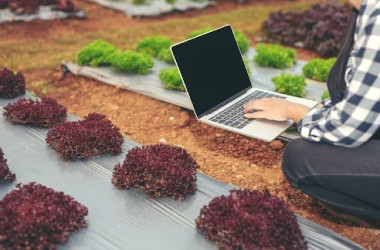
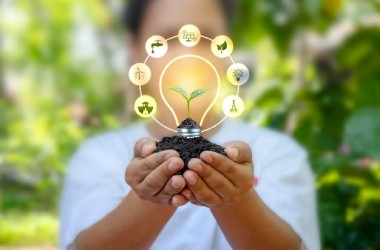
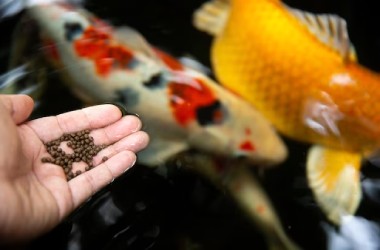
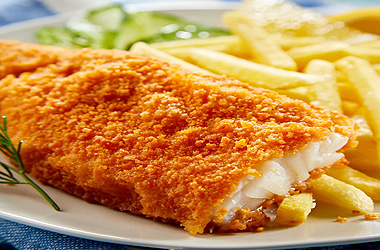
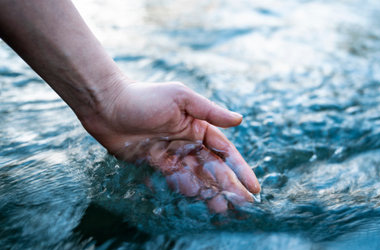

.jpg)
